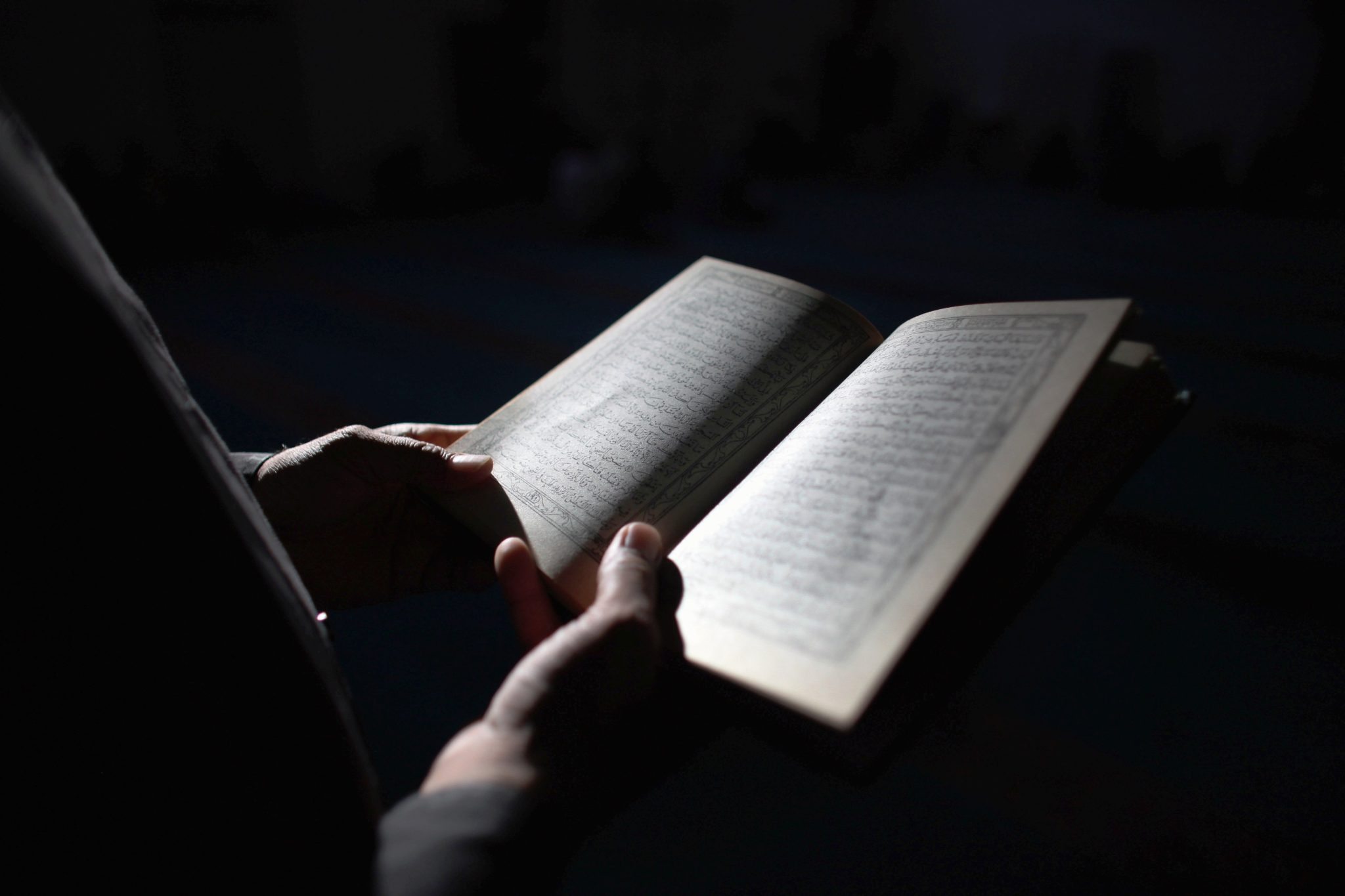Virtues of Surah Al-Kahf
From the established Islamic traditions for Fridays is to recite Surah Al-Kahf. Regarding this, the Pro phet (peace be upon him) stated, “Whoever recites Surah Al-Kahf on the day of Jumu’ah, will have a light that will shine from him from one Friday to the next.” (Bayhaqi)
phet (peace be upon him) stated, “Whoever recites Surah Al-Kahf on the day of Jumu’ah, will have a light that will shine from him from one Friday to the next.” (Bayhaqi)
One of the meanings of ‘light’ in such contexts is guidance. This means that Surah Al-Kahf serves as a means of guidance for those who recite and reflect upon it once a week. As part of our weekly reflection on Surah Al-Kahf, here are four Personal Development lessons extracted from the four core stories of Surah Al-Kahf.
1. Focus on what is within your control
A common lesson in personal development is the motto: “Do not allow what is outside your control to stop you from doing what is within your control,” The people of the cave personify this lesson. These were a small group of seven believers in a town that wanted to harm them.
Not many options were available for them, but they focused on the few options they did have. They did have the choice to believe, so they did. They did have the option to leave town, so they went to the cave. And they have the power of dua, so they invested in it and were saved through a miracle.
The lesson is clear: Don’t focus on what you can’t do, focus on what you can do. Allah will take care of the rest.
2. Wealth is not success. It is what you do with it that matters.
The second story of Surah Al-Kahf focuses on the parable of a wealthy farmer who was deluded by his wealth. He began to boast and look down upon others, and eventually he lost everything. This story teaches us that wealth is temporary and is not the true measure of success. Wealthy people can fall and poor people can rise up. These changes in financial situations occur all the time.
As believers, we see wealth not as success but as a tool and resource. It can be used for success if we use our wealth to do good deeds and help others. When we have wealth, we need to do the opposite of this man. We need to stay humble, thank Allah, care for others, and utilize that wealth to benefit the ummah. In this lies the real success.
3. Benefit from the knowledge and wisdom of others
True Personal Development requires us to humble ourselves and learn from others. Whether it is through their books, articles, lectures, workshops or personal mentorship, we learn from others and cannot learn on our own.
In Surah Al-Kahf, we see the example of Prophet Musa (peace be upon him) travelling a great distance to meet and learn from the wise Prophet Khidr (peace be upon him).
Prophet Musa’s (peace be upon him) long journey and willingness to learn from others should inspire us to be the same. Whether it is Islamic knowledge or personal development, we rely on those with more knowledge than us to grow. We need to humble ourselves in order to learn from them.
4. True Leadership is about justice
The final story in Surah Al-Kahf is about Dhul Qarnayn. He was a leader and Allah gave him power over many countries. Allah tested him with power and said that he had the ability to treat people kindly or punish them. Dhul Qarnayn passed the test by choosing the middle way: Justice.
Dhul Qarnayn chose to be kind to good citizens and punish the criminals. In doing so, he showed us the true meaning of leadership. Leaders don’t treat everybody the same. They do not treat the criminals and law abiding citizens the same. This is not justice. Justice means protecting those who are good by punishing the criminals.
Islam teaches us to be just, even if it is against our own selves and our own families. This justice is something we all must learn if we wish to succeed in leadership roles. We must not favor people due to family relations or other reasons. Each situation must be viewed objectively and each individual dealt with justly.
Conclusion
Surah Al-Kahf is a powerful Surah full of amazing lessons. The more you reflect on it, the more you learn. Try reflecting on it from new perspectives and you will gain new lessons. Let us try to do this during our Friday recitations.
Learn more Tafseer with our exclusive eBook: Themes of the Quran





